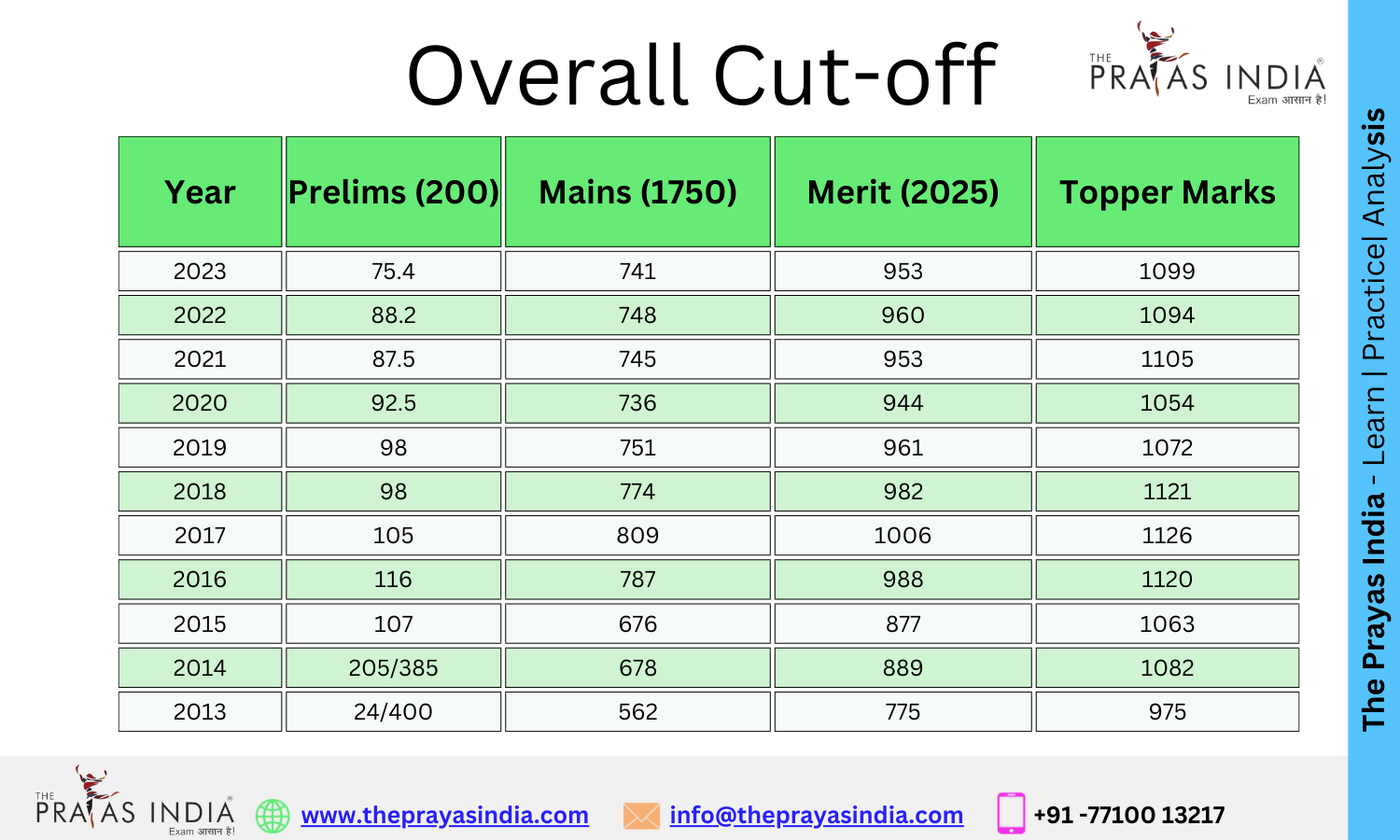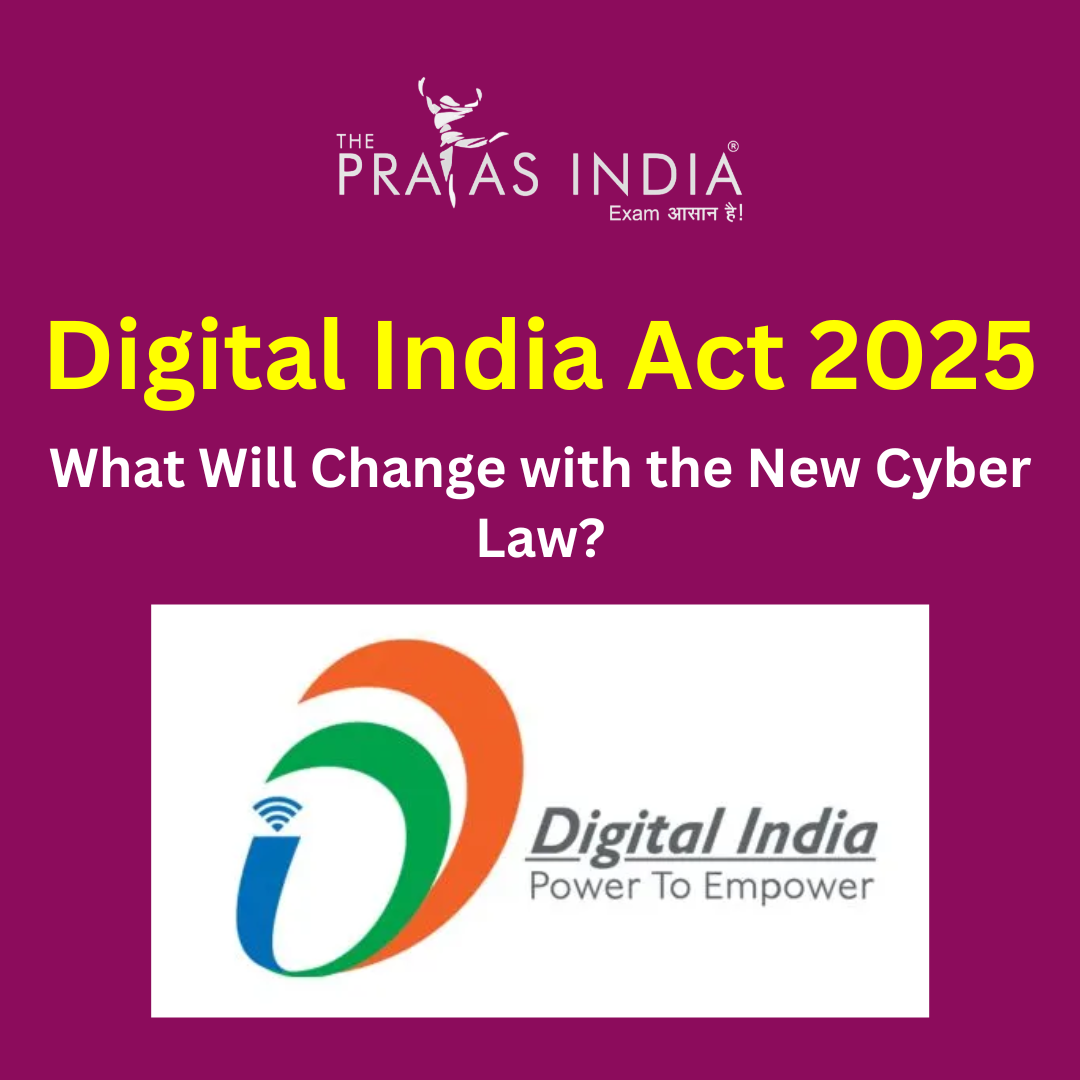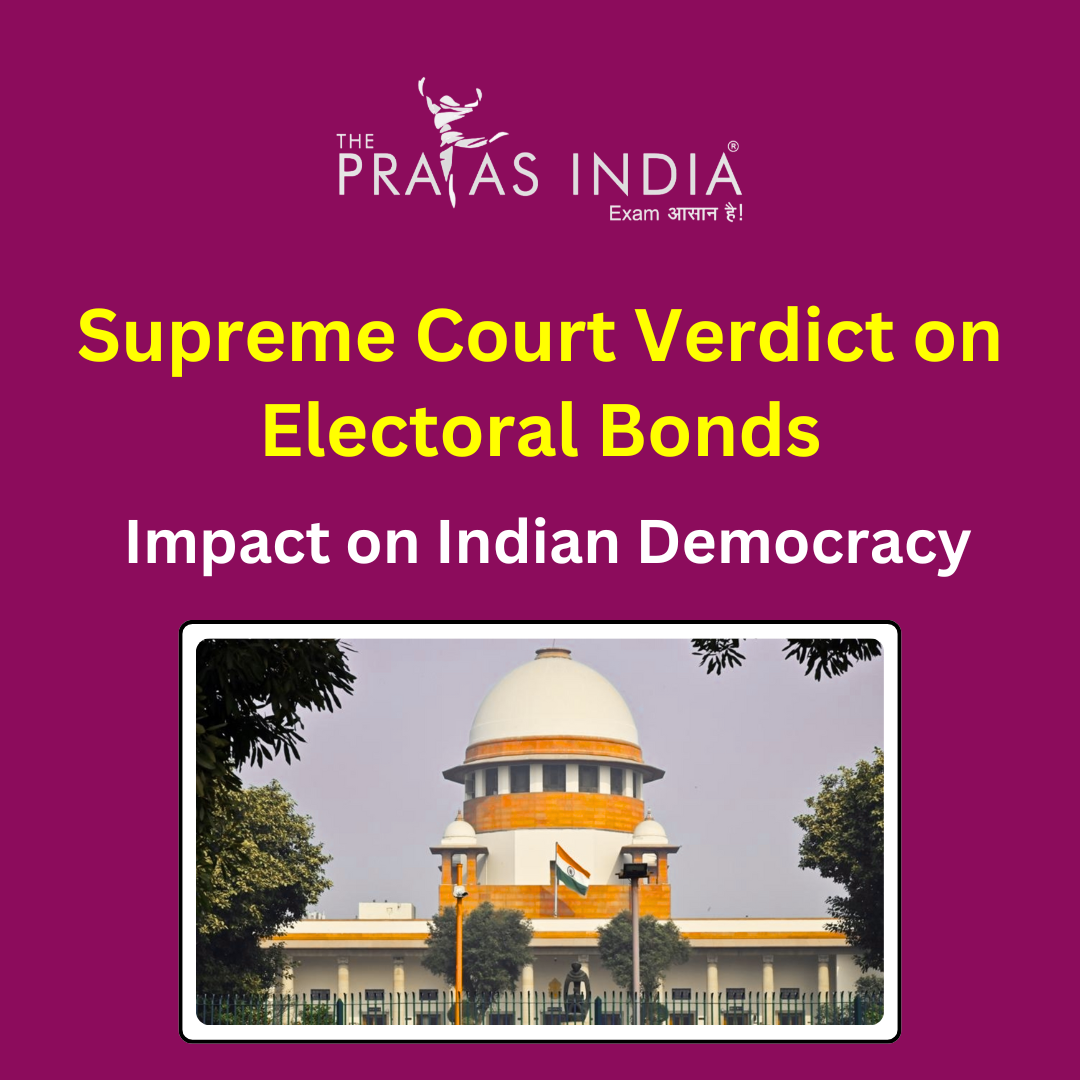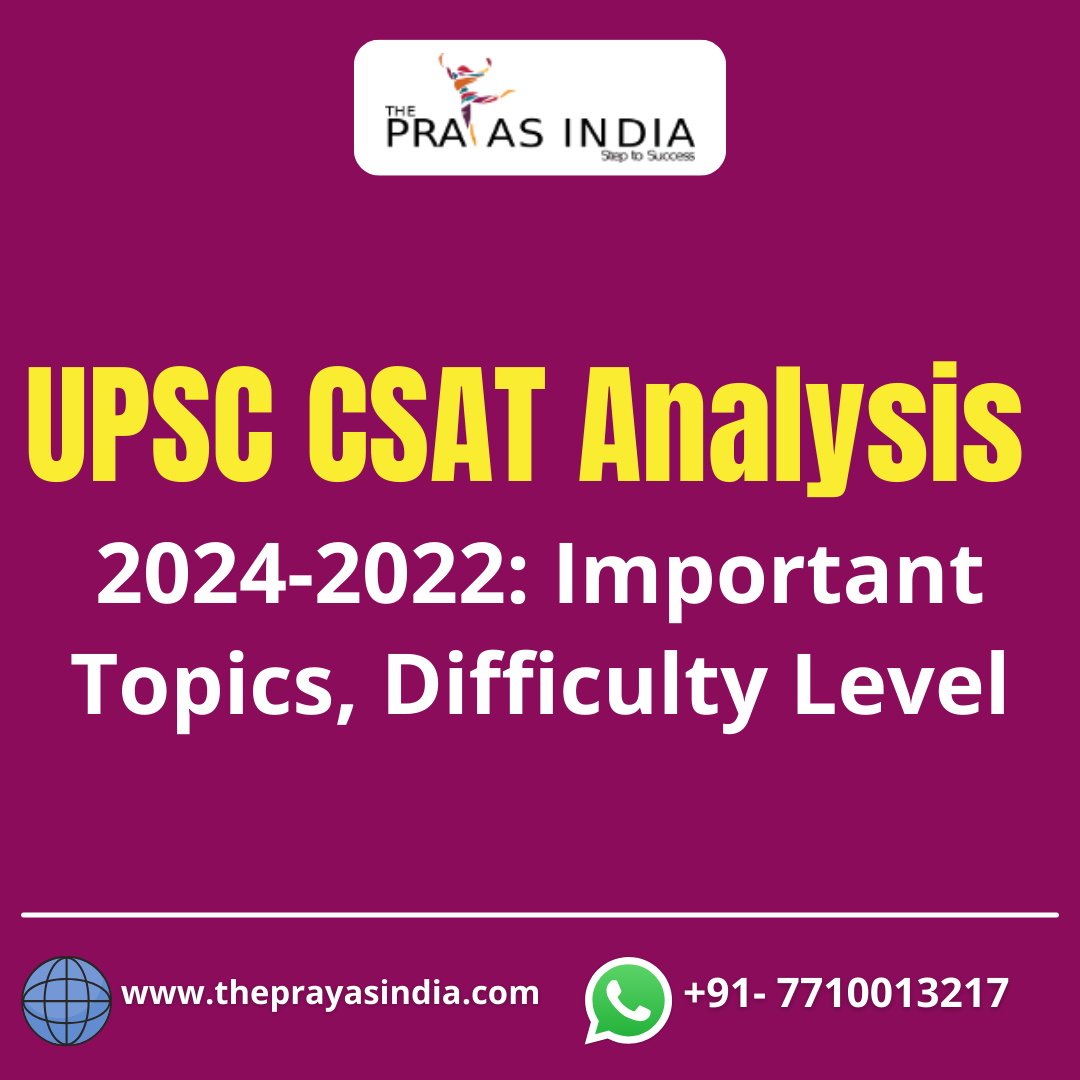Prime Minister
The title Prime Minister has been derived from the French word premier ministre who served the king in administration. later it was adopted by the English. the office of the Prime Minister is the embodiment of the highest political power. In the parliamentary system of government provided by the constitution, the president is the nominal executive authority and Prime Minister is the real executive authority. in simple words, the president is the head of the state, while the Prime Minister is the head of the government.
Appointment of Prime Minister
- According to article 75, the appointment of Prime Minister is done by the president.
- the constitution of India does not provide the criteria and the qualifications of Prime Minister.
- it is a convention that the leader of the party or coalition having majority in the Lok Sabha is appointed as the Prime Minister by the president.
Term of office of Prime Minister
- There is no term in the constitution for Prime Minister
- he holds the office for the pleasure of the president and can be removed by the president (this power can be exercised when the Council of Ministers have lost the majority).
- The maximum limit of the term of office of Prime Minister is equal to the term of looks which is five years.
- if he loses the support or confidence then he resigns. One resignation of the Prime Minister and on his death the Lok Sabha and Council of Ministers dissolve.
- the Prime Minister is also eligible for re-election for any number of times in India.
Oath
- There is no separate oath for the Prime Minister he swears in the oath of office and secrecy as in Council of Ministers
Powers and functions of the Prime Minister
In relation to the Council of Ministers:
- formation of Council of Ministers – the Prime Minister to commence persons who can be appointed as ministers by the president. he has a free hand in choosing his ministers. the president can appoint only those persons as ministers who are recommended by the Prime Minister.
- allocation of portfolio: the Prime Minister allocates and reshuffles various portfolios among the ministers. for this, he keeps in mind the experience, ability and interest of the persons concerned.
- reshuffle the cabinet – he can ask a minister to resign or advise the president to dismiss him in case of difference of opinion.
- the Prime Minister presides over the meeting of Council of Ministers and influences its decisions.
- he guides, directs, controls end coordinates the activities of all the ministers.
- he can bring about the collapse of the Council of Ministers by resigning from office.
- though the Prime Minister does not hold the ministry of external affairs, he exercises a lot of influence on it. what party do announcements of the foreign policy of the country are made by the Prime Minister. he controls foreign policy and the appointment of diplomatic missions. he represents the nation at critical international conferences and negotiations. he sends messages of goodwill and felicitations on national days.
In relation to the president:
The Prime Minister is the principle channel of communication between the president and the Council of Ministers. it is the sole responsibility of the Prime Minister to communicate
- the president all decisions of the Council of Ministers relating to the administration affairs of the union and proposals for legislation,
- to furnish such information relating to the administration of the affairs of the union and proposals for legislation as the president may call for and
- if the president so requires, to consider a matter on which a decision has been taken by a minister but which has not been considered by the council.
- Also the Prime Minister advises the president regarding the appointment of important officials like attorney general of India, comptroller and Auditor General of India, chairman and members of the upsc, election commissioners, chairman and members of the finance Commission etc.
In relation to parliament:
Being the leader of the lower House of parliament the Prime Minister enjoys the following powers:
- The Prime Minister can advise the president with regard to some morning and probing of the sessions of the parliament
- being the main link between the cabinet and parliament minister is the government’s chief spokesman in parliament. He can recommend dissolution of the Lok Sabha to president at anytime.
- as the leader of the house the Prime Minister makes all the principle announcements and clarifies government policies, answer questions, pilot major bills and at certain occasions, comes to the rescue of his colleagues.
Other powers and functions of the Prime Minister are:
- He is the chairman of the niti ayog, national integration council, Interstate council, national water resources council and some other bodies.
- Also he plays a very important role in shaping the foreign policy of the country.
- he acts as the crisis management in chief at the political level during emergencies.
- receives memoranda about the problems of different sections of people from different states by meeting them.
- he is the leader of the party in power
- he is the political head of the services


![Prayas-लक्ष्य [UPSC CSE Target] The Prayas India](https://theprayasindia.com/wp-content/uploads/2021/08/Prayas-लक्ष्य-UPSC-CSE-Target-The-Prayas-India-300x167.png)

![Prayas Pre-भेदश [UPSC CSE Prelims Test Series] The Prayas India](https://theprayasindia.com/wp-content/uploads/2021/08/Prayas-Pre-भेदश-UPSC-CSE-Prelims-Test-Series-The-Prayas-India-300x167.png)










